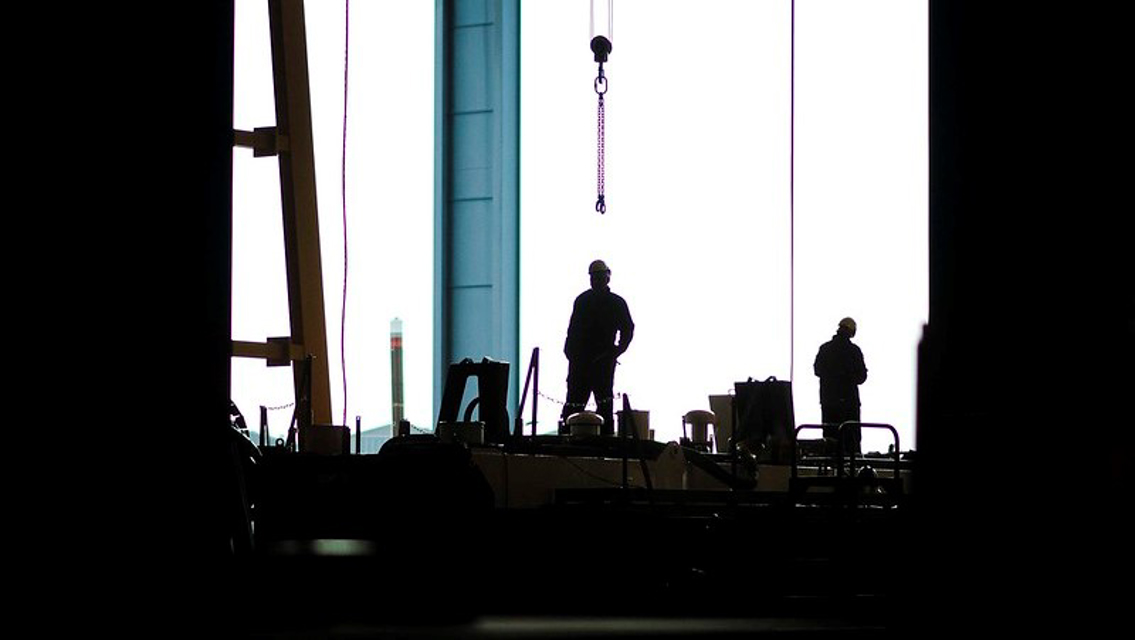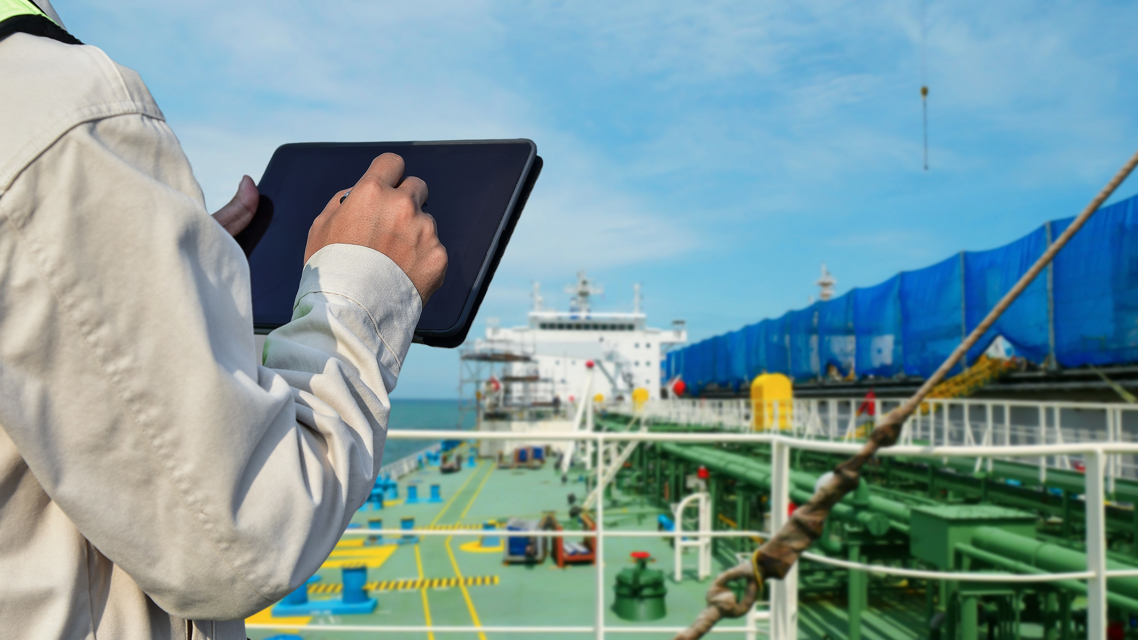We need a real global effort to decarbonise the entire sector and we need fair competition at international level.
The Organisation for Economic Co-operation and Development (OECD) – the global club of developed democracies – hosted the WP6 meeting at its Paris headquarters on 28 November, bringing together countries with a shipbuilding industry and industry experts to explore policy options. Trade unions participate in WP6 through the Trade Union Advisory Committee to the OECD.
The meeting was followed on 29 November by a joint workshop between WP6 and the Steel Committee on the economics of shipbuilding and predictions for development pathways.
Participants outlined the current situation: new build prices are high, due to the interrelated crises of Covid, climate and Russia’s invasion of Ukraine, as well as high freight rates and steel prices. The industry is at an inflection point, with many investors adopting a “wait and see” attitude before ordering next generation ships. Despite this, the industry is expected to grow rapidly over the next 15 years. A large proportion of the global fleet has reached replacement age and will need to be recycled and replaced. In addition, thousands of mid-life ships will need retrofitting to meet new environmental and technological standards.
Shipbuilding is typically cyclical, but market forces will have less impact on the sector, which will increasingly be driven by environmental policy. The need to reduce greenhouse gas emissions will be the primary driver of change, due to policies such as the EU’s Fit for 55 and the proposed US Clean Shipping Act.
While the International Maritime Organization (IMO) currently has a target of a 50%emissions reduction in shipping by 2050, this was not felt to be ambitious enough, especially in the wake of COP27 and plans to develop green corridors and produce green hydrogen as part of a plan for the sustainable industrialisation of six African countries. The IMO is expected to release revised targets in June 2023.
The current challenge is to maintain the industry until demand grows. The sector is currently operating at around 65%capacity, which is unevenly distributed.
Participants observed that “industrial policy is back”, and there was a need to coordinate policy to give clear signals about future pathways to unlock investment. The next generation of ships will face the twin transitions of digitalisation and decarbonisation. These developments are already impacting the sector – currently, 44%of ships on order have alternative fuel requirements, compared to just 14%in 2017. The dominant alternative fuel is liquefied natural gas (LNG), which is seen as a transition fuel until methanol, hydrogen and ammonia are scalable.
Energy saving technologies, such as hull and propeller design and wind propulsion, have already been fitted to 24% of world tonnage. The OECD observed an upward trend in patent applications for marine equipment and expects shipbuilding to be increasingly technology intensive. Rather than a focus on volume, we will see the development of high value-added ‘technomax’ ships.
IndustriALL Global Union's industry director, Walton Pantland, said:
“The industry vision is for high tech green shipping, coordinated through global policy. This is a vision that the labour movement shares, because it will require a highly skilled workforce. We need an industrial policy that supports the development of the sector, ensures that workers are provided with the skills they need, and provides a Just Transition if there are changes to the production process.”
Judith Kirton-Darling, Deputy General Secretary added:
‘’Workers are at the heart of the green and digital transitions of the shipbuilding sector, and we insist that they are involved at all stages of the transformation. We need a real global effort to decarbonise the entire sector and we need fair competition at international level. We therefore call on all OECD states to step up their efforts. Trade unions are ready to play their role in the transitions and will fight for a Just Transition for all workers and regions.’’

